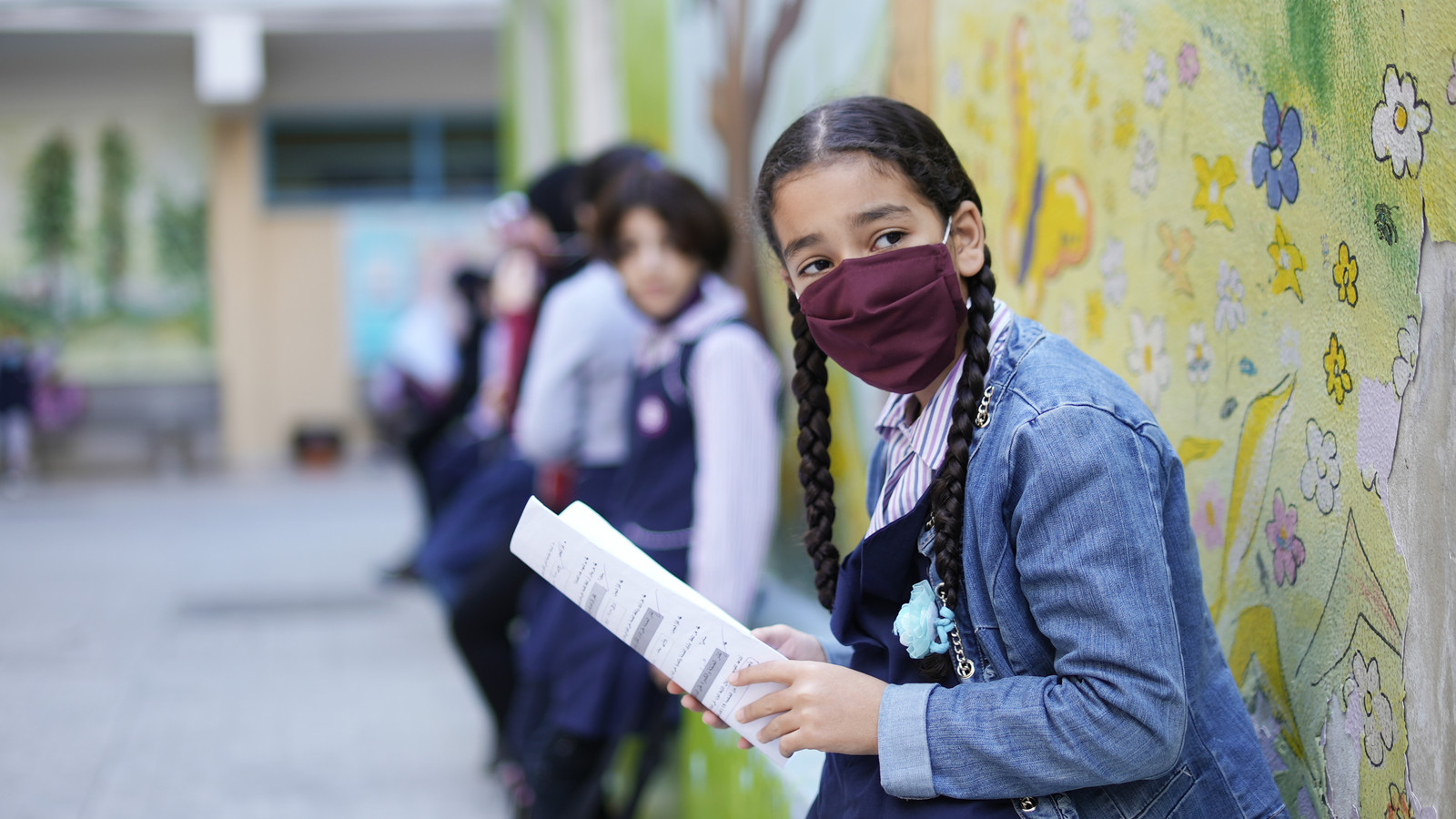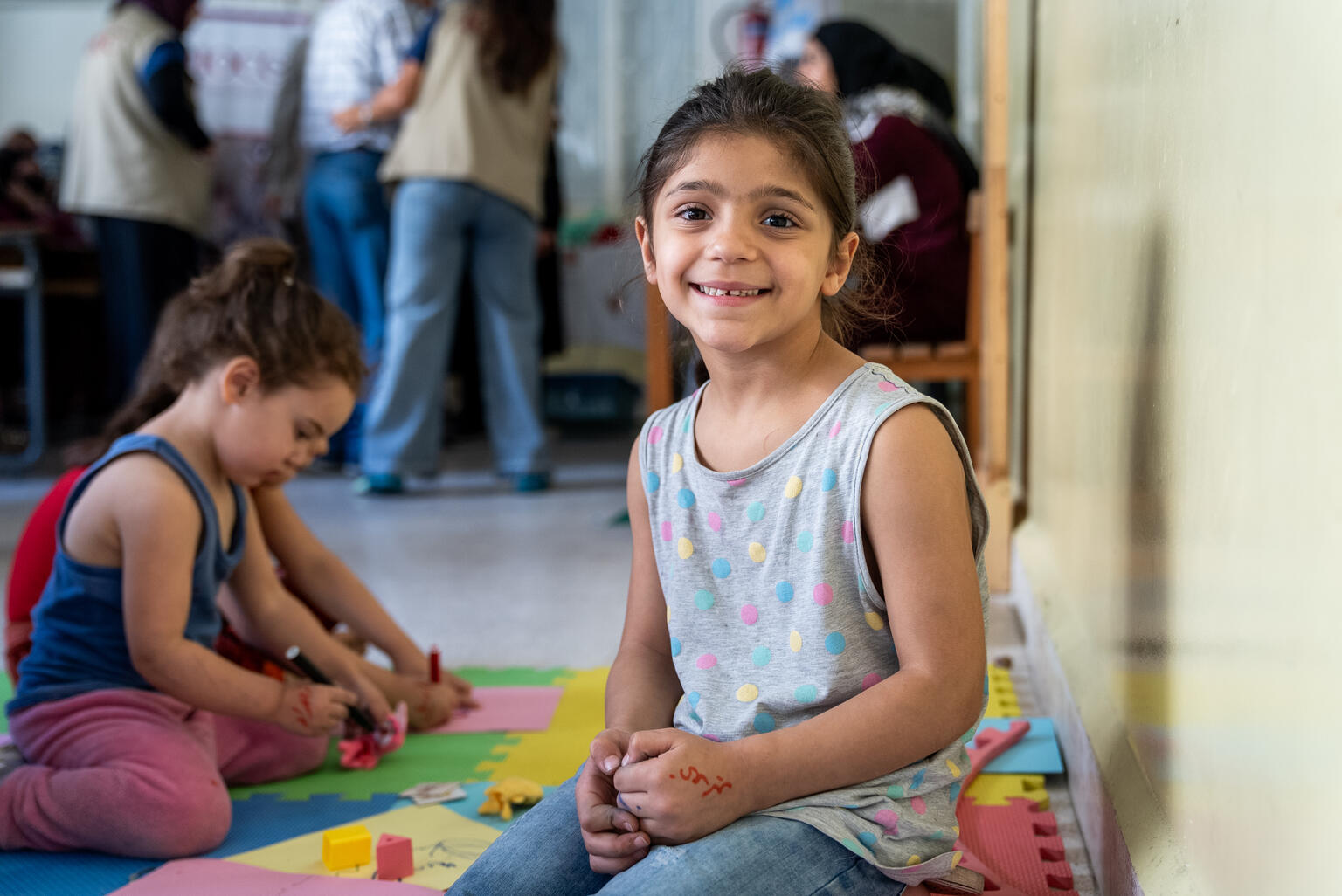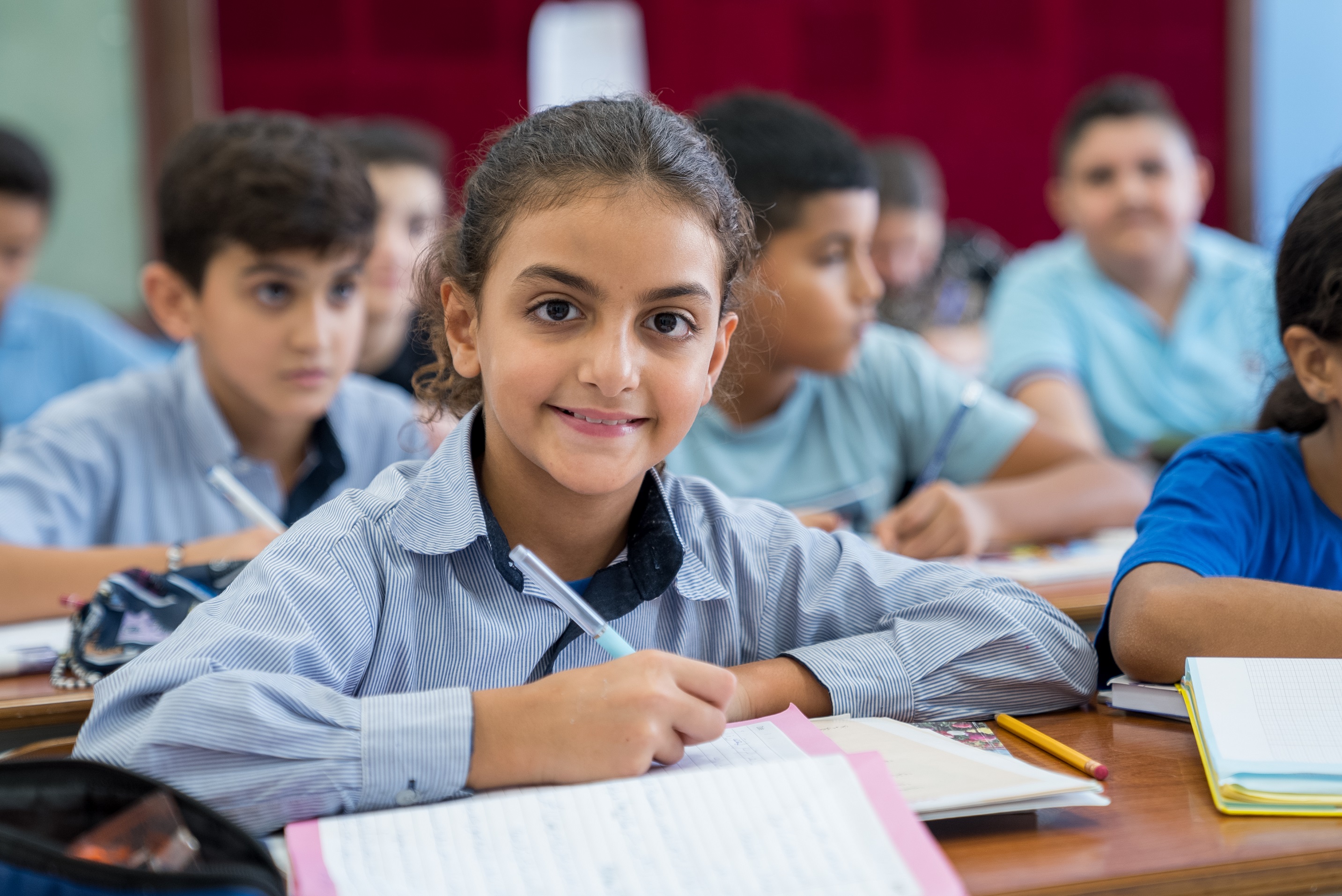ECW in Lebanon
Lebanon has faced several shocks over the past decade, with an increase in occurrences. The country is burdened by the refugee influx from Syria, the 2020 Beirut port blast, the economic crisis and the COVID-19 pandemic. As a result, the educational infrastructure has been destabilized and the state faces a rising demand for publicly funded education and an increasing number of out-of-school children with only limited resources. Education Cannot Wait (ECW) supports partners in strengthening resilience in the education sector; increasing capacity for the Ministry of Education (MoE); providing quality learning environments; and supporting out-of-school children with the resources they need to enrol back into the classroom.
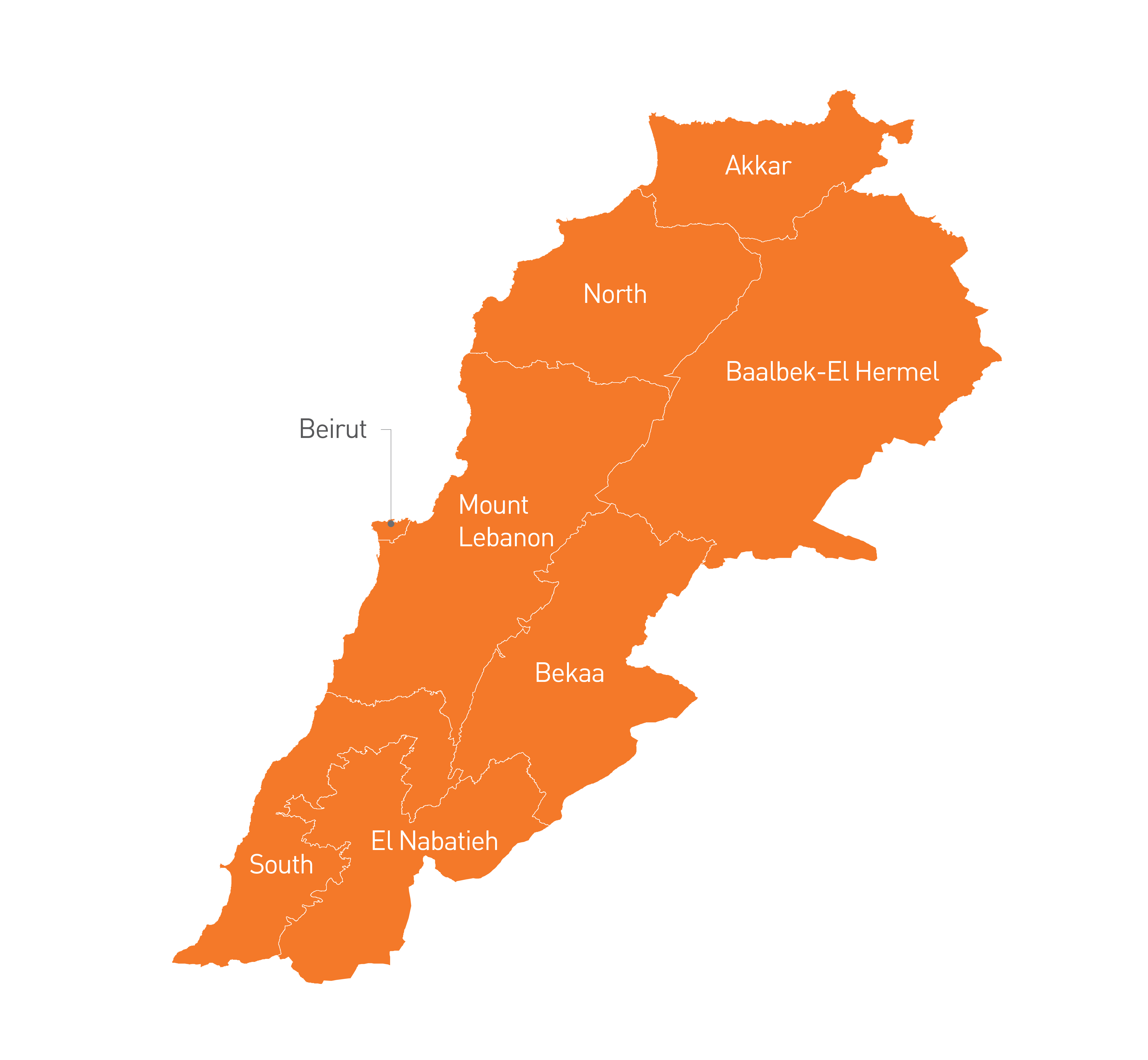
Investments
Financial Information
National Counterparts
Ministry of Education
Results
Additional Results
- Number of teachers/administrators who demonstrated increased knowledge on water, sanitation and hygiene topics: 133
COVID-19 Results
Programme Info
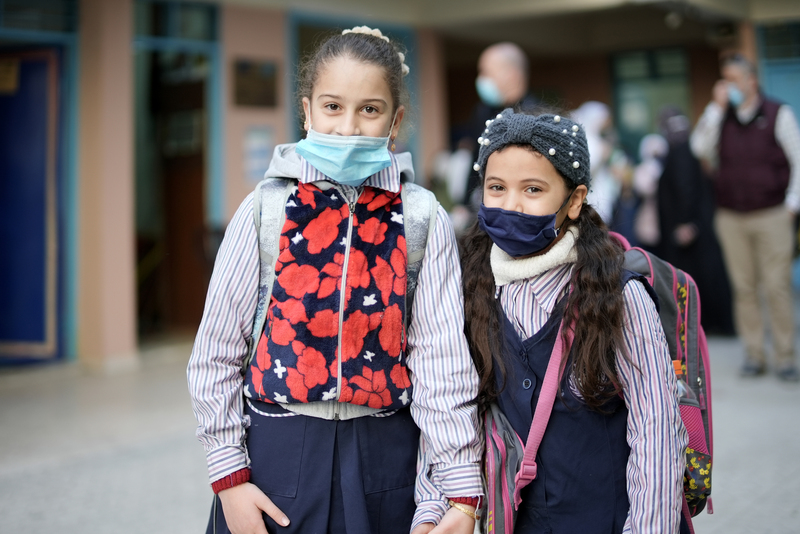
The 2020 Beirut port blast and the COVID-19 pandemic created additional barriers to overcome. The explosion damaged or destroyed 120 schools, leaving thousands of children out of the classroom, and killed or injured thousands of individuals. The pandemic led to school closures nationally, leaving children out of the classroom and putting the most vulnerable children at risk of not returning.
ECW supported partners to respond to the emergencies through a series of First Emergency Responses (FER). Grantees rehabilitated and supplied essential facilities and services for schools, allowing children to receive holistic support to continue their education. Funding also improved the quality of education for refugee children and adolescents by supporting education personnel, enhancing the MoE’s capacity and boosting the educational infrastructure.
In 2022, a Multi-Year Resilience Programme (MYRP) is being rolled out to further support girls and boys in Lebanon. It also expands the initial programmes launched under the FER window.
Programme Components
- Building staff capacity for the Ministry of Education. The programme provides training to MoE coordinators, promoting collaboration, building managerial and leadership skills and developing capacity. In follow-up surveys, nearly all attendees report that they were satisfied with the training received. ECW supports partners to provide language classes and assessment language certification exams to MoE staff to improve the Ministry’s capacity to work in French.
- Engaging children in their learning. ECW funding provides learners with improved access to language labs and e-learning materials and equipment.
- Responding to the Beirut port explosion. In coordination with UN partners, ECW supported the mapping and evaluation of the damage done to private and public schools affected by the port explosion, as well as the rapid rehabilitation of schools.
- Increasing the quality of education. Education personnel receive training and an accredited university diploma in education counselling. The diploma focuses on learner-centred teaching, learning pedagogy and reflective practice.
- Increasing access for the most vulnerable and marginalized children and adolescents. Focuses on providing increased support for girls, children with disabilities and out-of-school children through non-formal schooling with pathways back to formal learning environments.
For more information on ECW's work in Lebanon, please contact Country Lead Nasser Faqih (nfaqih@unicef.org)

